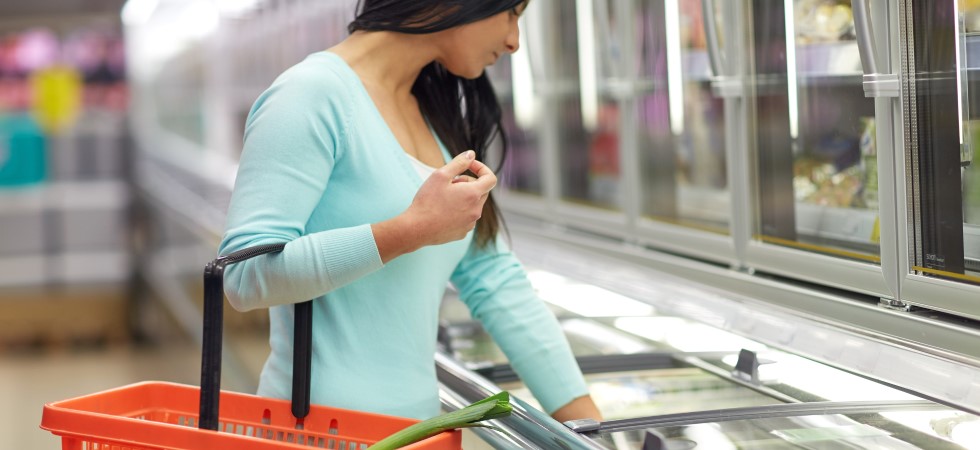British households are facing a more expensive Christmas shop after product and labour shortages raise retail prices higher.
While the rise is mainly due to higher fuel and energy prices, recruitment difficulties and shortages of many products are causing supply issues, which in turn are pushing prices up across the board.
CEBR’s forecast uses data drawn from the prices of commonly bought items, including food and drink, clothing and household goods. Its predictions are based on the assumption that future spending patterns will remain the same as in previous years and that inflation will remain at the projected 4.6% (up from the current 4.2%). However, CEBR expects inflation could rise higher in spring 2022.
“A very challenging set of circumstances”
Andrew Selley, chief executive of Bidfoods, told the BBC: “I’ve never known things to be as challenging as they are currently.”
He added: “Whether you’re looking at people resources, product availability, everything seems to be coming together at the moment and presents us with a very challenging set of circumstances.”
According to CEBR, the full extent of rising costs is not yet being passed on to customers by supermarkets. Instead, supermarkets are absorbing some of the increased costs. The research group added that retailers are aiming to keep prices constant over Christmas in a bid to retain customers over the busiest shopping period of the year.
Compared with December 2020, the typical UK family of two adults and two children is predicted to spend £33.60 more per week, due to inflation, adding up to £1,700 per year.
Research from CEBR and Panorama has found that the average cost of margarine has leapt by more than 15% between 2020 and 2021. However, the same research found that common Christmas items have so far remained at a similar price to that of 2020.









